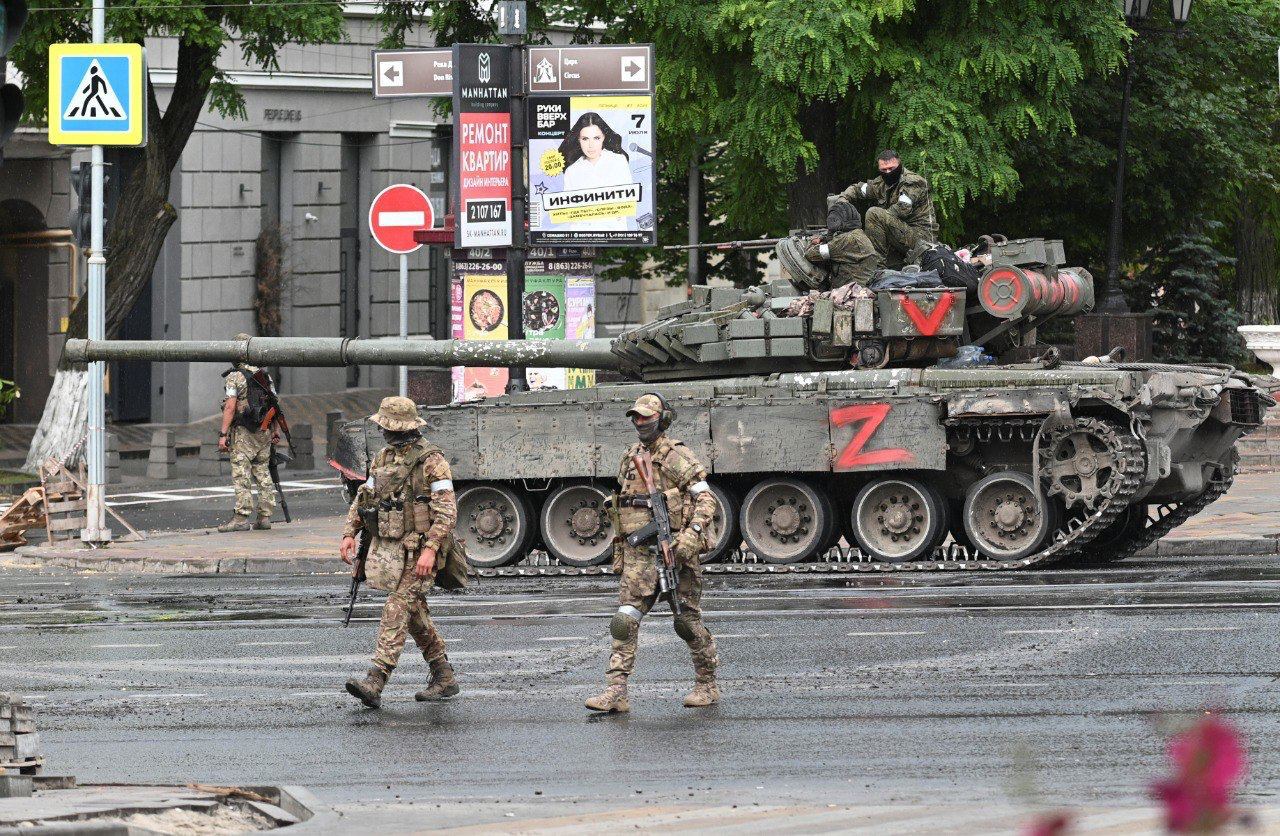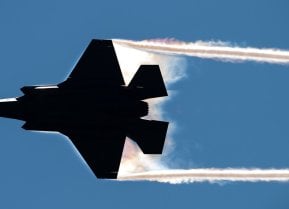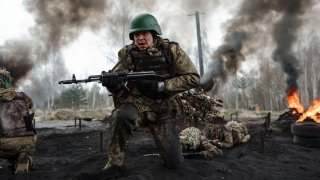Putin's Digital Crackdown: Russia's Growing Information Bubble
The Kremlin has intensified its control over digital communications, aiming to isolate Russia from external information amid the ongoing Ukraine war. This move seeks to prevent public dissent, especially after last summer's close call when Wagner Group mercenaries nearly reached Moscow.
Summary and Key Points: The Kremlin has intensified its control over digital communications, aiming to isolate Russia from external information amid the ongoing Ukraine war. This move seeks to prevent public dissent, especially after last summer's close call when Wagner Group mercenaries nearly reached Moscow.

-British Military Intelligence highlights that these measures are designed to enforce government narratives and create a climate of fear. The U.S. Intelligence Community has tried to support dissenters by providing secure communication channels. President Putin, strengthened after the mutiny, now focuses on complete control over the population to prevent any further threats to his power.
Russian Government Expands Control Over Social Media Access
The Kremlin continues to crack down on its people, imposing further restrictions on the use of digital telecommunications in Russia.
Since the war started, Moscow has tried to create a digital bubble around Russia that would prevent news from coming in or going out. With the war not going as planned, the Kremlin doesn’t want ordinary Russians getting any ideas about public demonstrations.
After all, Russian president Vladimir Putin had a very close call last summer when his most loyal mercenaries turned on him and tried to usurp power.
Controlling the People
“As with recent proscription of independent media organisations, and the restriction of other secure communication means these measures represent an acceleration in the long-standing trend increasing government control over access to media and information in Russia,” British Military Intelligence assessed in its latest estimate on the war.
Before Russia’s “special military operation” in Ukraine began, the Russian government sought to increase its control over the population to ensure that Putin’s control over the country and its people was complete.
“These restrictions in access to social media platforms are likely designed to ensure that the Russian population are only able to access media that conforms to government-controlled narratives,” British Military Intelligence added.
In 2024, social media is so powerful that it is reasonable a dictator like Putin would be wary of it. Controlling the people means controlling their thoughts and conversations.
“By restricting more secure means of private communication, government surveillance of potential dissenters will be easier, and will create a climate of fear and self-censorship among those who might be critical of the regime,” the British Military Intelligence concluded.
The U.S. Intelligence Community has sought to enable the transmission of classified information by Russians who are opposed to Putin’s illegal and brutal invasion of Ukraine. Indeed, the CIA even sent out specific instructions on how disaffected Russians could contact the agency securely.
Putin’s Close Call
Putin had a close call last year when warlord Yevgeny Prigozhin led his Wagner Group mercenary force from Ukraine into Russia in a mutiny.
The Wagner mercenaries quickly captured Rostov-on-Don, the headquarters of the Russian military’s southern command, and even placed several Russian generals in custody. There was little opposition. The people welcomed the mercenaries with flowers, emboldening them to continue their advance toward Moscow and Putin. They did. Along the way, they even shot down several Russian military helicopters and a surveillance plane.
However, as the Wagner Group was nearing Moscow, and the Russian military was barricading the capital, Belarussian president Alexander Lukashenko intervened to stop the bloodshed.

After tense negotiations, Prigozhin was exiled, only to be killed a few weeks later while on his private plane. The Wagner Group was disarmed and ostracized to Belarus. Putin came out stronger, asserting his power over his oligarchs. But he didn’t forget how close he came to having been ousted—and very much likely executed. So, he now seeks complete control over his people.
About the Author:
Stavros Atlamazoglou is a seasoned defense journalist specializing in special operations and a Hellenic Army veteran (national service with the 575th Marine Battalion and Army HQ). He holds a BA from Johns Hopkins University and an MA from Johns Hopkins’ School of Advanced International Studies (SAIS). His work has been featured in Business Insider, Sandboxx, and SOFREP.
All images are Creative Commons and/or Shutterstock.


